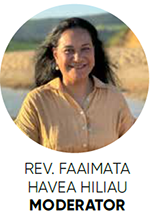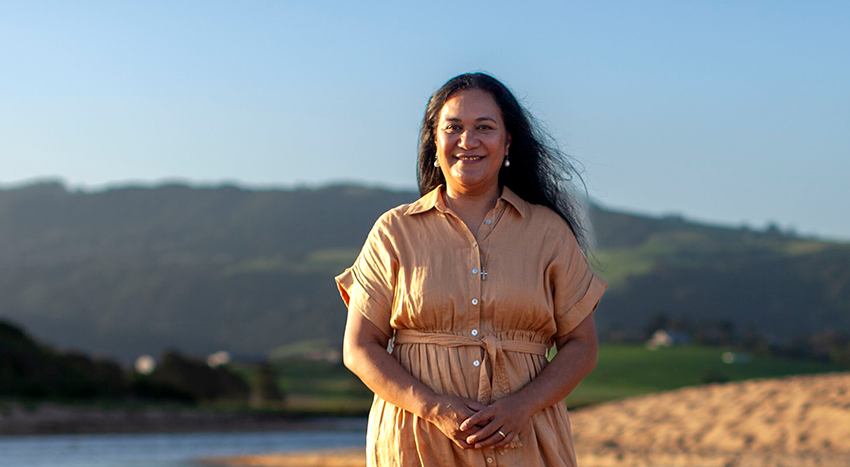As I approach a year in the role as Moderator, I’ve been reflecting on how blessed I am to have been given the opportunity to serve the Church. To witness the holy spirit in action, transforming communities, and delivering hope across the Synod.
It has been especially an honour to support the advocacy work of Uniting NSW.ACT.
The passion, determination and fervour that our Uniting colleagues bring to their roles is contagious, and it is evident that it is so much more than a job for them. They thirst for, and relish in, the pursuit of justice, which rings true to the call of the Gospel ‘to do justice, and to love kindness, and to walk humbly with God’.
I have voiced the need for urgent drug reform in our state. Specifically, the need for our leaders to start listening to experts in the field on how we can best help those who are impacted by drugs in a productive and informed manner, rather than inflicting counter-productive and punitive measures. Having been a leader of faith in many different communities, I have seen first-hand the impact of drug dependency on individuals and their families. I understand that this issue does not stand alone. It is complex, multifaceted, and intersects with other problems, such as mental health, homelessness, domestic violence, unemployment, and poverty. It was an incredible achievement by the team to help secure a NSW government-led drug summit
In this role, I have also lent my voice to sounding the alarm for climate change. As a daughter of the Pacific, I know what’s at stake if we don’t address this climate crisis urgently. We are seeing in real time, the unfolding impacts of the climate crisis, not only for our communities here in Australia, but for the people of the Pacific, whose livelihoods, homes, and culture are under immediate threat.
These are the communities that contribute the least to this issue, but will be harmed first, hardest, and longest by climate change. This issue remains one of the most important social and moral challenges in human history and we have no time to lose.
As we fight the good fight and tackle these sometimes overwhelming and complex social issues, it’s easy to forget the real and life-changing impact that our work has on individuals. On the parents of a drug-dependent child, on the families whose homes are seeping into the ocean shallows, and to the children living in out of home care. We must take time to reflect, recharge, and recognise our achievements.

As we move towards 2025, I look forward to continuing to work collaboratively with the Uniting team as we walk purposefully towards a society of justice, kindness, and compassion.














1 thought on “Transforming Communities”
Dear Moderator
Thank you for your reflection on the unfolding impacts of the climate crisis as global warming threatens the livelihood, homes and cultures of the people of the Pacific and Australia. Your call to sound the alarm about the urgent social and moral challenges is well put.
My concern, as an active participant in scientific research and dialogue about climate, is that many people with good intentions are not aware of some key scientific information. The widespread belief that cutting CO2 emissions is the most important response is not enough.
Decarbonising is only a tiny part of what is needed globally to prevent dangerous warming. Satellite measurement has shown our planet has darkened by 2% in this century, due to loss of snow, ice, clouds and aerosols. These feedback processes are speeding up, worsening extreme weather and other systemic disruptions.
Unfortunately, nothing we do about emissions can have impact in the short term.
However, a range of new technologies are proposed that can cool and rebrighten the planet, reflecting more sunlight to space. We need to overcome our natural suspicions about such methods and recognise the need for global thinking on climate, focused on sunlight reflection methods as the most important and urgent response.